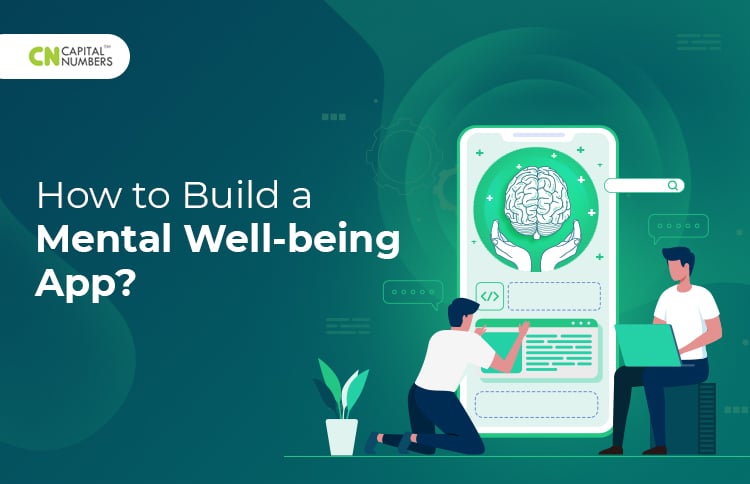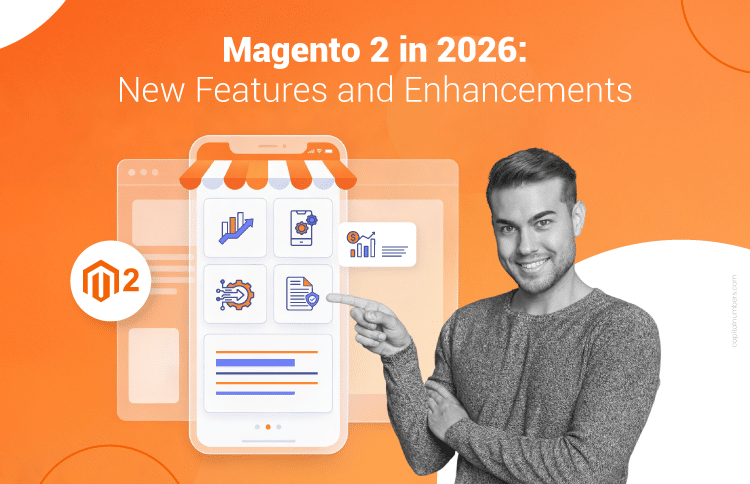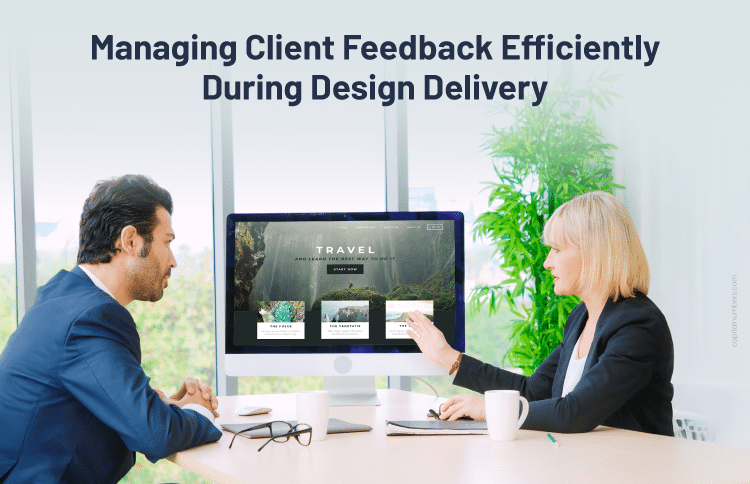How to Build a Mental Well-being App?
Table of Contents
The idea behind self-care apps is to put people’s mental health and well-being front and center.
These apps empower individuals to remain happy, less anxious, calm, mindful – you name it. They help people find serenity and happiness through digital therapies. (And it works.)
From habit-tracking to anxiety management, these apps pretty much cover everything. As a result, the demand for these apps has soared even higher. And it’s beginning to pay off the developers of these apps.
According to Sensor Tower, in the first quarter of 2018, the top 10 grossing self-care apps in the US earned $27 million in worldwide revenue. As per the latest reports, the top 10 meditation apps of 2019 made a $195 million revenue, a whopping 52% year-over-year increase.
The revenue growth not only comes from an active user base but also from first-time users. For instance, around 52 million first-time users downloaded one of the top 10 meditation apps in 2019.
Many meditation apps have even started offering free subscriptions for healthcare workers amid this coronavirus pandemic. These apps have waived off their annual subscription fees to provide free coaching to help healthcare staff cope with life’s uncertainties.
Experts feel that with the stigma around mental illness on the decline, the surge in self-care app usage has become even more evident. And some of these apps have witnessed tremendous success within a few years of their launch.
If you’re interested in strengthening your foothold in this space and guiding people through their wellness journey, develop a self-care app that leaves a lasting positive impact on the lives of the users.
The following are some of the basic features that you need to incorporate while creating such an app:
How to Build a Self-care App?
- Registration: Simplify the sign-up process. Remember, users, love options, and a flexible signup process. So, you can either let users register through email IDs, usernames, or social logins (e.g., Facebook, Twitter, etc.). Quick and easy signups would encourage repeat customers and referrals.
- Personal Profile: Enable users to create individual profiles to store information related to the self-care activities, guided sessions, etc., that they’ve participated in. This will help each user save all opportunities in which he is interested.
- Programs: Allow users to view a list of full-fledged programs that includes tips and techniques to overcome stress, nervousness, anxiety, social withdrawal, etc. This will give users a detailed summary of all the free and paid programs available in the app.
- User Progress: Incorporate this feature to help users note the points earned after completing each self-care activity and track their progress or achievements based on the points.
- Gamification: Gamify in-app fitness programs, meditation sessions, and other activities to help users reach their goals in a fun-filled way.
- Blogs: Add a ‘Blog’ section in the app to upload articles and videos on wellness, health, mindfulness, relationships, self-worth, forgiveness, cognitive behavior, etc. This will enable users to deal with life’s challenges better and help them engage more.
- Community: Let the users turn their self-care activities into posts and publish them in the app for people to view and leave their comments. This will allow users to interact with a broader community of people.
- Notifications: Incorporate push notifications in the app to send timely alerts about training sessions, self-care practices, new in-app games, etc. Regular reminders will help users stick to their plans and accomplish tasks effectively.
- Settings: Allow each user to manage his privacy settings, change usernames/passwords, choose their preferred language as and when they want. This will add user-friendliness and flexibility.
- App Support: Extend immediate support and technical assistance if there is an issue related to the app’s functionality. This can drastically improve the overall customer experience.
Self-care App Characteristics
Apart from adding the above key features, you must ensure the highest levels of user satisfaction by focusing on specific app characteristics such as the following:
| Quizzes and Tests
Team up with consultants, life coaches, and psychiatrists to develop quizzes, tests, questionnaires, and screening tools that help with physical and mental well-being. |
Effective Content
Ensure you create high-quality and engaging content that impacts your users and helps strengthen your brand’s value. |
Minimal Design
Create an app interface that’s clean and concise, efficiently uses white space to induce a sense of calm, and prevents distractions. |
| Multilingual Capability
Reach out to a global audience by creating a multilingual self-care app that caters to people from different linguistic backgrounds. |
Data Security
Add security layers in your app to encrypt and protect user data and other critical information. |
Artificial Intelligence
Integrate an AI-based chatbot to provide instant, effective, and personalized responses to user queries. |
By implementing the above, you can create a fully-featured and user-focused app that enables next-gen care for mental well-being.
Currently, there’s a surge of interest in the adoption of self-care and wellness apps because communities have become increasingly homebound due to the pandemic. Some of the major players that have witnessed a massive increase in their app downloads in April 2020 are:
The Key Players in the Wellness App Market
| Apps | Number of Downloads |
| Calm | 3.9 million downloads |
| Headspace | 1.5 million downloads |
| Meditopia | 1.4 million downloads |
To Sum Up
Although the wellness app market was a lucrative space for investors even before the pandemic, we’ve seen unprecedented growth in this sector in recent months, as more people incorporate self-care practices into their personal spaces.
If you’re looking to tap into this growing trend, create a self-care app that provides users mental health support on-the-go and gives you an edge over your peers.
Not sure where to start?
Our experts have got your back.















